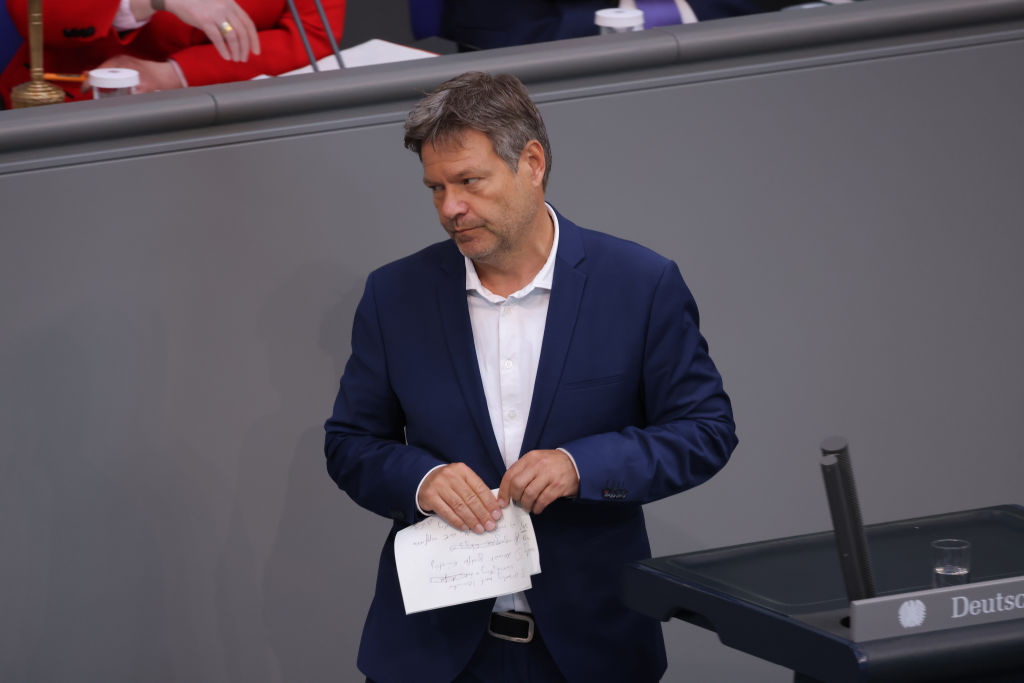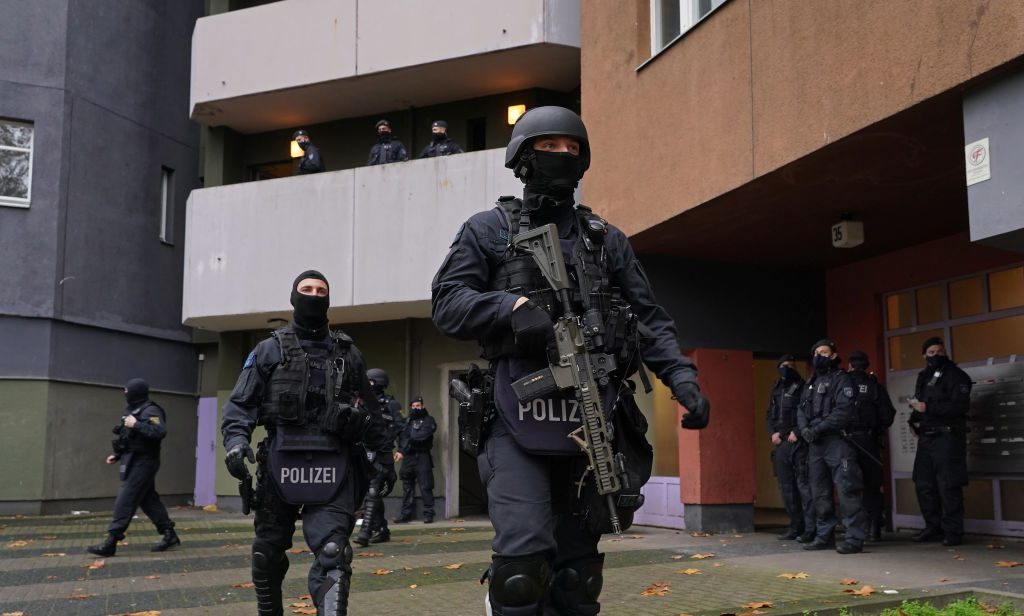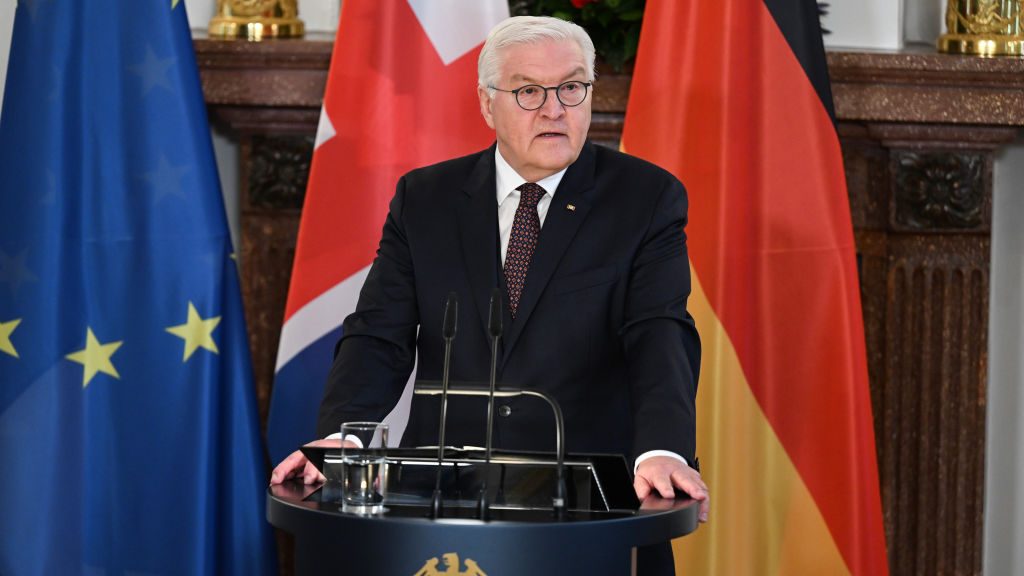Authorities in Germany have published a document outlining right-wing acquisition and use of private property in the country’s East.
Dubbed the so-called “Nazi atlas” by German tabloid news outlets, it details examples of property already used by alleged “extremist” organisations and methods individuals and local authorities can use to sabotage such groups.
In the document, state authorities in Germany’s east encouraged municipalities to weaponise listed building rules, environmental laws and even fire regulations to prevent right-wing groups from buying, renting or using property they legally own.
Such instances of lawfare, they argued, are fully justified in service of protecting “democracy”.
“Currently, the greatest threat to the free democratic basic order comes from right-wing extremism, and combating it is therefore a top priority for the state governments of the East German federal states,” the document read.
“The number of properties used by right-wing extremists is particularly high in eastern Germany; it has recently continued to rise.
“This development poses a threat to the democratic culture in the communities affected by such property purchases, because right-wing extremists can live out their anti-constitutional ideology undisturbed in their ‘own four walls’, come together in an uncomplicated manner and, for example, hold concerts,” it added.
Authorities highlighted attempts by some groups in the country to retreat into rural areas to live out their lives largely undisturbed by the State as warranting caution.
They insisted that local bureaucrats should do everything in their power to interfere with such efforts.
“Groups of people and individuals who belong to the spectrum of right-wing extremist settlement efforts acquire real estate in rural areas… for the purpose of creating retreats for the undisturbed practice of their ethnic way of life,” the document warned.
It added that such new arrivals often endeavoured to integrate into the local community in the hope of achieving “social acceptance for their ethnic ‘blood and soil’ ideology”.
“To this end, ethnic settlers often strive to actively participate in the social and political life of the village community in order to generate and maintain an image as committed and ‘helpful neighbours’,” the document stated.
It went on to include various ways of ascertaining whether potential property renters or buyers were secretly right-wing, going on to include sample rental contracts aimed at sabotaging any would-be right-wing renter.
Everyone actively involved in the populist Alternative for Germany (AfD) party is a “Nazi”, according to Lars Klingbeil, the co-leader of the left-wing German Social Democratic Party (SPD). https://t.co/nUqrupc5pO
— Brussels Signal (@brusselssignal) June 13, 2024
While case studies in the document focused on the most radical example of “extreme” right-wing organisations operating in the country, the German Government’s definition of the term can be broad.
As well as applying to anti-democratic Neo-Nazi organisations, the term is increasingly being used to describe those on the Right who engage with the electoral process.
There are increasing efforts in the country to define various sections of the Alternative for Germany (AfD) party as “extremist” under German law, with its youth wing and East German factions — both of which have seen success — being targeted by spy agencies in the country.
Some have even suggested that the entire party should be banned over such allegations of “extremism”.
“It is our moral and constitutional duty to intervene,” Julia Dück a spokeswoman for a new campaign aimed at banning the AfD said on June 17.
“It stirs up hatred and racism and thus legitimises violence,” she added.
The AfD achieved record results in the European Parliament elections over June 6-9, returning to Brussels with an all-time high of 15 MEPs.
The party also outperformed every member of Germany’s coalition government, prompting infighting within Chancellor Olaf Scholz’s Social Democratic Party (SPD).
Politicians within the SPD are now trading accusations over their electoral failure.https://t.co/CXvJ91zTUQ
— Brussels Signal (@brusselssignal) June 17, 2024





